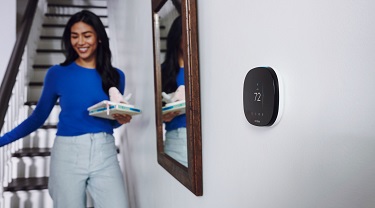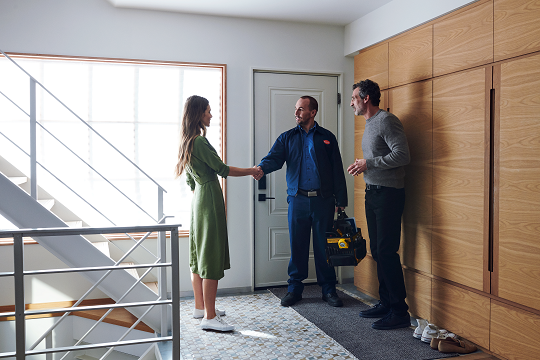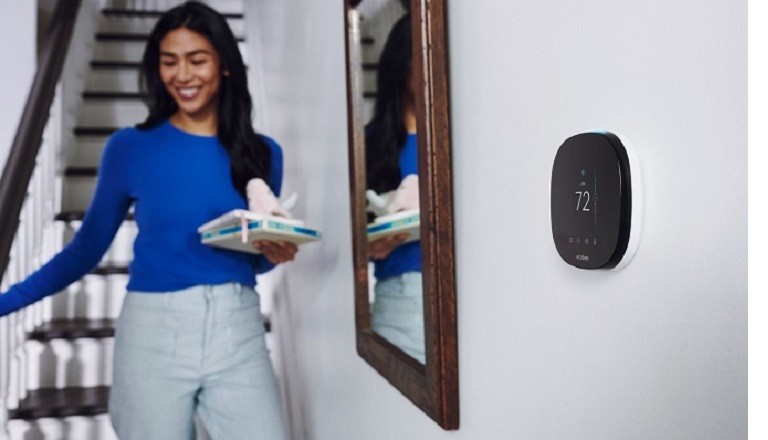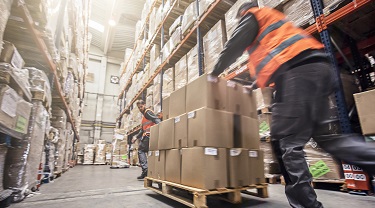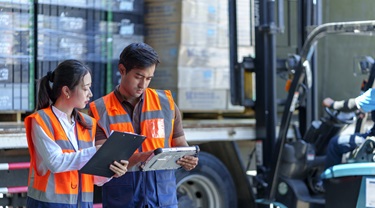Once we selected the regions, we entered the market through the heating and cooling service channel. We spent a lot of time driving around with contractors to understand how they work and what they care about. It was clear they weren’t going to buy products without seeing somebody from the “mothership.” Ultimately, they feel like they’re responsible for their customers’ equipment, so trust in the equipment and the supplier is very important.
Once we felt like we had done enough work to understand the challenges people run into when installing our products and we felt like we could adequately service them by phone, we launched in retail. We got calls from Best Buy, Home Depot and Apple all within two to three weeks of each other, so our launch was very successful.
We believe our customers have saved 7.64 terawatt hours of energy, that’s equivalent to taking all the homes in Seattle, Washington off the grid for a year!
